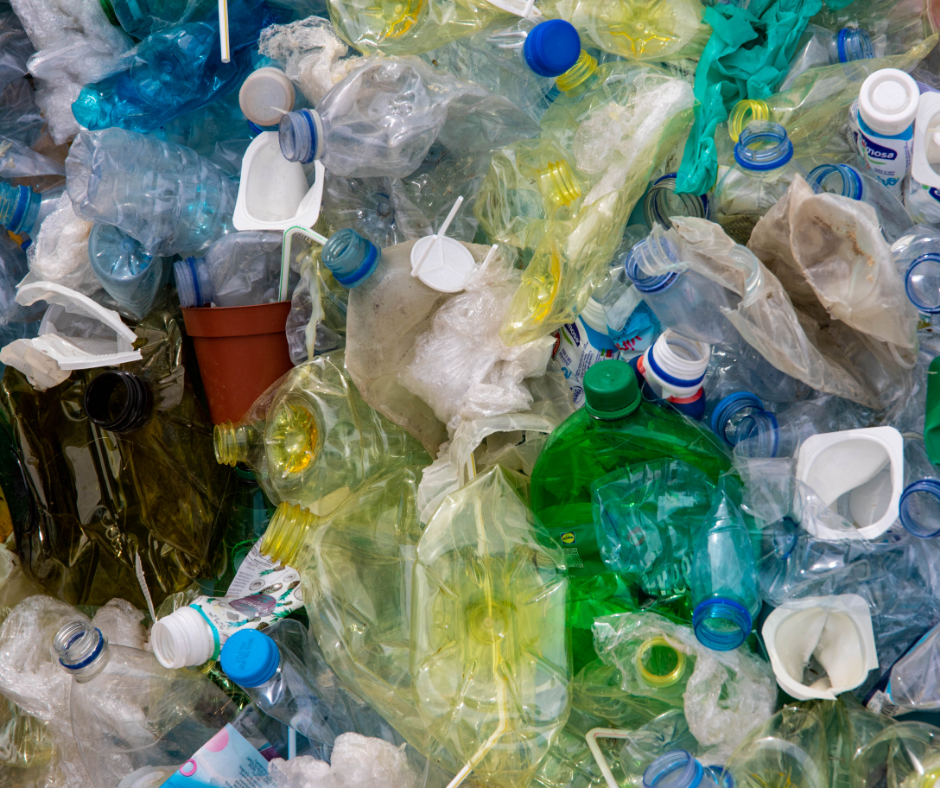 An Act (HB1808) amending the act of July 7, 1980 (P.L.380, No.97), known as the Solid Waste Management Act in Pennsylvania, was recently passed.
An Act (HB1808) amending the act of July 7, 1980 (P.L.380, No.97), known as the Solid Waste Management Act in Pennsylvania, was recently passed.
This act provides for the planning and regulation of solid waste storage, collection, transportation, processing, treatment, and disposal by:
- requiring municipalities to submit plans for municipal waste management systems in their jurisdictions;
- authorizing grants to municipalities;
- providing regulation of the management of municipal, residual and hazardous waste;
- requiring permits for operating hazardous waste and solid waste storage, processing, treatment, and disposal facilities;
- requiring licenses for transportation of hazardous waste;
- imposing duties on persons and municipalities;
- granting powers to municipalities;
- authorizing the Environmental Quality Board and the Department of Environmental Resources to adopt rules, regulations, standards and procedures;
- granting powers to and imposing duties upon county health departments;
- providing remedies;
- prescribing penalties;
- establishing a fund, in general provisions, further providing for definitions;
- and making editorial changes.
HB 1808 would seek to ensure post-use plastics “are not misclassified as solid waste.” Post-use plastic is derived from any residential, municipal or commercial source that would not otherwise be recycled, including source-separated recyclable plastics from a materials recycling facility, that is not mixed with other materials (solid waste, municipal waste, residual waste, etc.). For the purposes of this Act, post-use polymers that are converted using advanced recycling shall not be considered solid, municipal or residual waste.
The Pennsylvania Manufacturers’ Association (PMA) has announced its support of HB 1808 recently in a blog on its website.
“By classifying the new plants as manufacturing and not waste facilities, the legislation will encourage investment in an industry that will help eliminate the ugly sight of plastic wrappers, shopping bags and other plastic waste from our roads, streams and fields,” the blog states. “These new businesses use a thermal decomposition process (pyrolysis) to transform the plastic waste into feedstock for new products. And this new industry that will provide family-sustaining jobs will need a workforce.”
Additionally, the Pennsylvania Chemical Industry Council also has expressed support for this bill and advancing opportunities for pyrolysis in the state.
“While this technology may be new to Pennsylvania, across the country, private companies are already manufacturing post-use plastics at a commercial scale into a versatile mix of new chemicals, feedstocks, products and more environmentally friendly transportation fuels,” says Abby Foster, president of the Pennsylvania Chemical Industry Council.
“Advanced plastics recycling, also called chemical recycling or advanced recycling and recovery, refers to several different processes that use existing and emerging technologies that return post-use plastics to their basic chemical building blocks for creating a versatile mix of new plastics, chemicals, fuels and other products.”
There are a number of organizations opposed to the Act stating that “The Commonwealth is about to set a horrible precedent by defining plastic combustion as recycling.”
Unfortunately, many emerging technologies that can handle this post-use waste are in the infancy stages and not yet ready to handle this material. But with China’s recent rejection of U.S. waste plastics, it is critically important to advance policies and a regulatory framework that will allow these technologies to flourish.
Contact Us
For more information, please contact Whitman’s Senior Vice President John Beaupre.
John Beaupre
Senior Vice President
![]() jbeaupre@whitmanco.com
jbeaupre@whitmanco.com
![]() (732) 390-5858
(732) 390-5858
Posted on December 9, 2020






